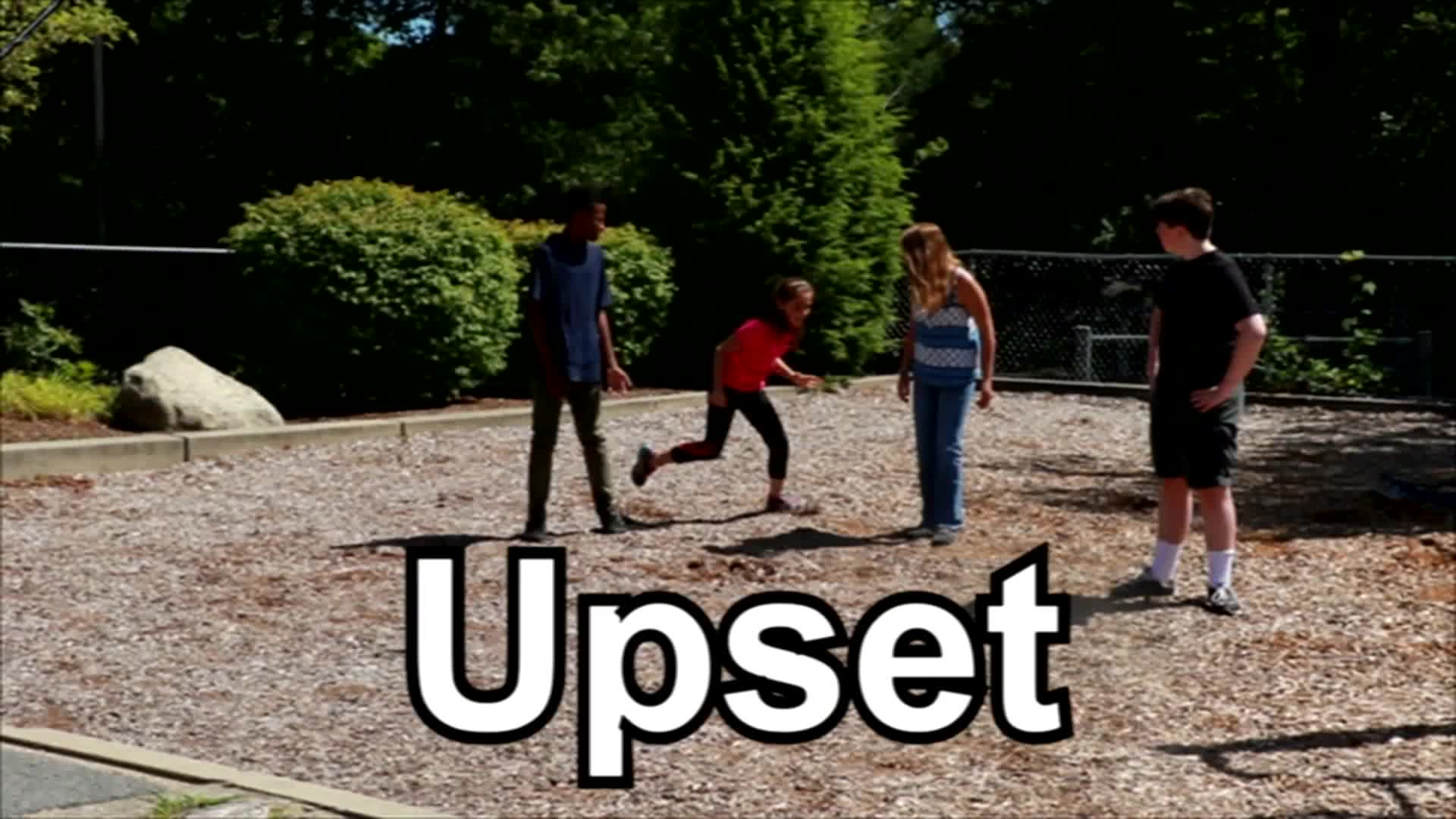
As educators, we strive to help our students develop essential social skills that will benefit them throughout their lives. One important skill is understanding the appropriate way to join a group without interrupting or being rude. In this blog post, we will explore an engaging no-prep activity and discussion questions designed to teach PreK students how to ask to join a group and ensure it’s the right time.
No-Prep Activity: Role Play Scenarios
This activity requires no preparation or materials and can be easily incorporated into your classroom routine. The purpose of this activity is to help students practice asking to join a group and understand the importance of not interrupting.
- Divide your students into small groups of 3-4.
- Assign each group a simple activity or game to play, such as building a tower with blocks, drawing a picture, or playing a game of tag.
- Have one student in each group be the “newcomer” who wants to join the group’s activity.
- Encourage the newcomer to practice asking to join the group politely and at the appropriate time.
- Allow the other students in the group to respond and welcome the newcomer into their activity.
- Rotate roles so that each student has a chance to practice being the newcomer and welcoming others into the group.
By practicing through role play, students will learn the importance of asking to join a group and develop the skills necessary to do so in a polite and respectful manner.
Discussion Questions
After completing the role play activity, engage your students in a discussion to reinforce the concepts learned. Here are some questions to help guide the conversation:
- How did it feel when you asked to join the group and were welcomed in?
- Why is it important to ask before joining a group’s activity?
- How can interrupting a group make others feel?
- What are some other ways we can show respect when joining a group?
- How can we help others feel comfortable asking to join our group?
Related Skills
In addition to teaching students the right way to join a group, there are other social-emotional skills that can benefit their growth and development. Some of these skills include:
- Active listening
- Cooperation and teamwork
- Respecting personal boundaries
- Sharing and taking turns
- Empathy and understanding others’ feelings
Next Steps
Now that you have a better understanding of how to teach PreK students the right way to join a group, we encourage you to explore more resources and activities that promote social-emotional learning. To get started, sign up for free samples of our skill-based materials and discover additional strategies for fostering a supportive and inclusive classroom environment.

